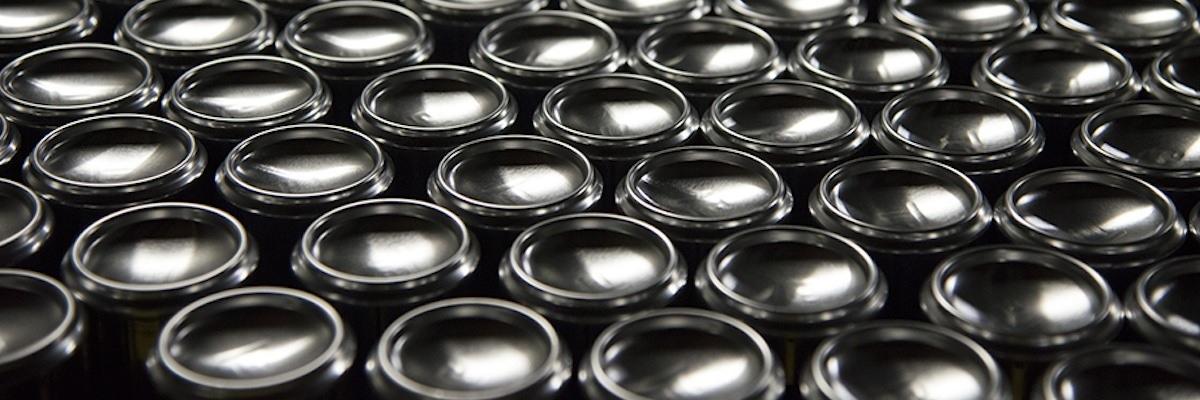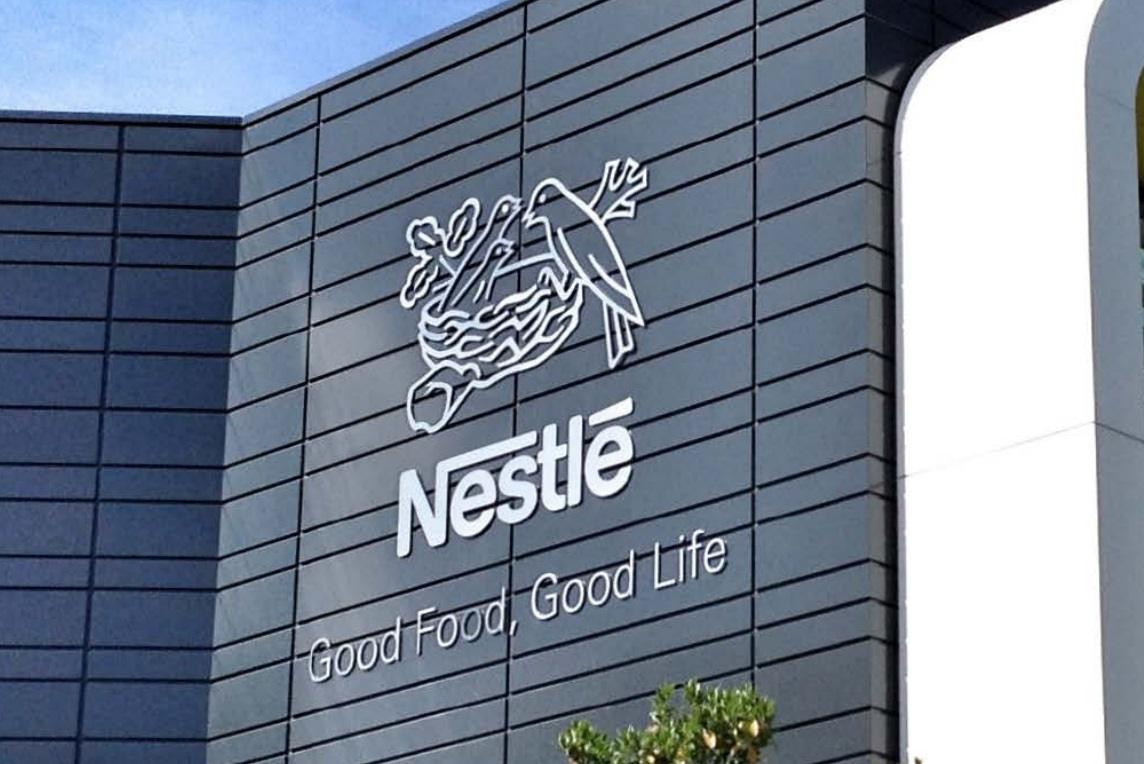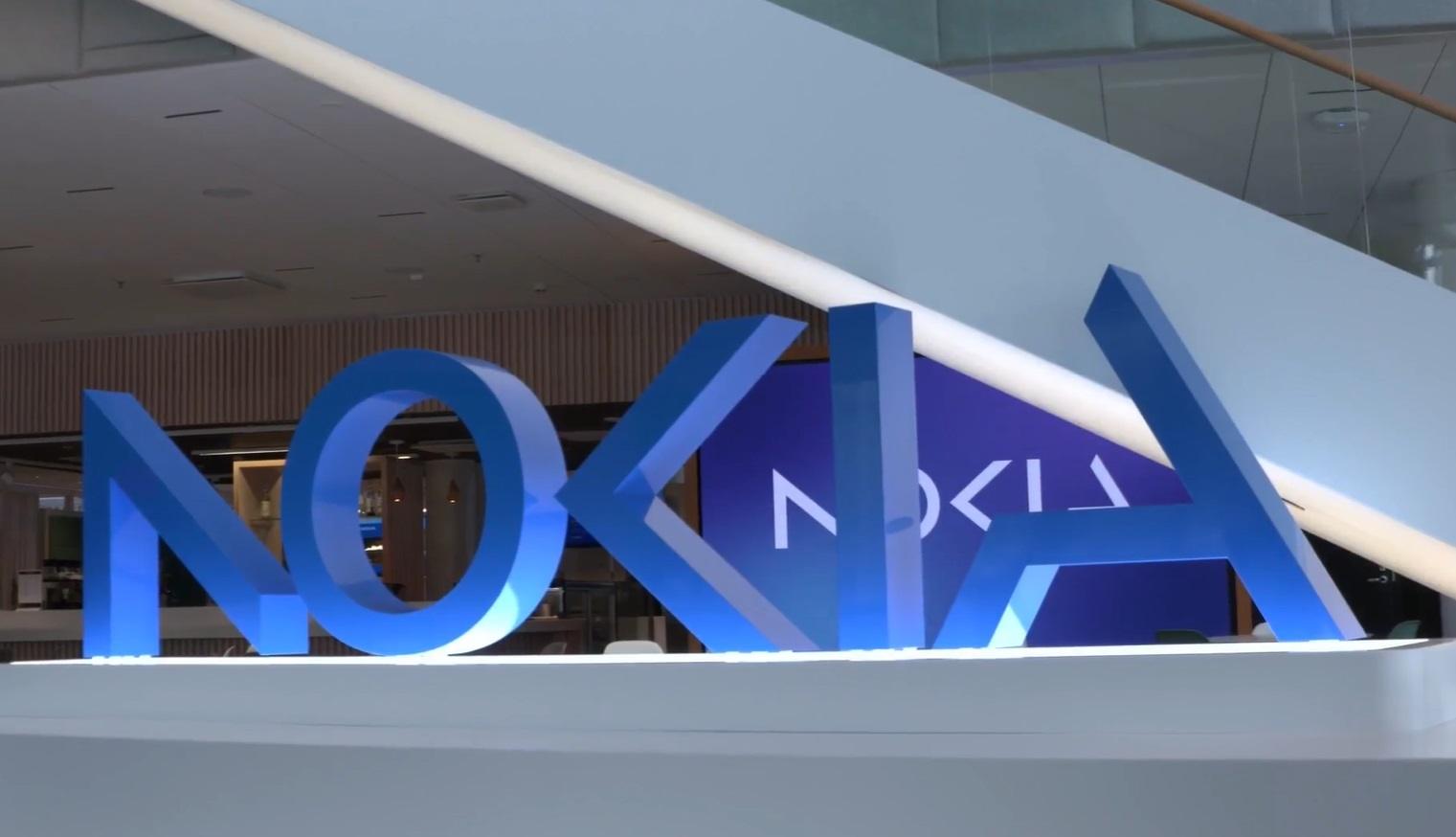Packaging Company Ball Signs New Renewable PPAs
Aluminum packaging leader Ball Corporation announced today the signing of two new renewable energy virtual power purchase agreements (VPPAs) in Europe. The new agreements will provide a total of 93.4 megawatts (MW) of additional wind energy, enabling Ball to reach 63% of the European electricity load utilized in its aluminum beverage packaging plants with new renewable energy. Ball has committed to reach 100% renewable energy use in Europe long-term.
The new agreements were signed with the Corral Nuevo project with wpd, and with the Brattmyrliden project with Falck Renewables, in Spain and Sweden, respectively. According to Ball, the new agreements will enable the company to reduce its Scope 2 greenhouse gas emissions generated in Europe by approximately 60% compared to 2019 – equivalent to removing more than 47,000 passenger vehicles from the road annually.
Kathleen Pitre, Chief Commercial and Sustainability Officer at Ball, said:
“These milestone renewable energy deals in Europe affirm Ball’s steadfast commitment to reduce absolute carbon emissions within our operations and through our value chain. Both projects will allow us to address a substantial portion of our European electricity use with new wind energy and accelerate progress toward our recently approved science-based targets.”
Ball has signed numerous significant PPAs recently, including a deal last year for 388 MW of new renewable energy to address 100% of its North American electricity load by 2021. Ball stated that in 2019, it was one of the U.S.’ top ten buyers of renewable energy.
Schneider Electric assisted the company in its project selection and negotiations. John Powers, Schneider Vice President of Strategic Renewables, said:
“Ball is demonstrating significant leadership expanding Europe’s emerging VPPA market. By taking a portfolio approach and executing two wind deals simultaneously in two different countries, Ball is diversifying across geographies and advancing innovation in the industry. We want to congratulate Ball on this sustainability milestone and for furthering its commitment to accelerate the global renewable energy transition.”
According to Ball, the company is the first in the can making industry to adopt approved science-based targets, which seek to limit global warming to 1.5°C above pre-industrial levels. By 2030, the company aims to reduce absolute carbon emissions within its own global operations by 55% and within its value chain by 16% against a 2017 baseline.





